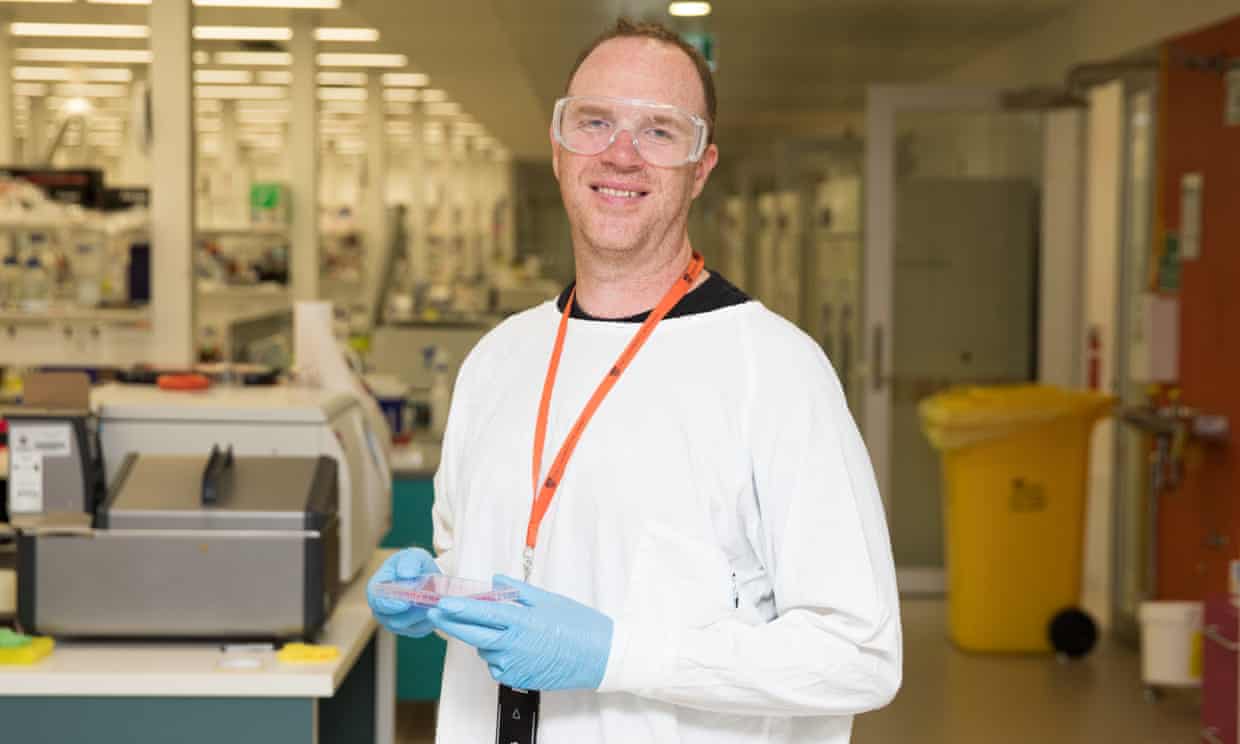Australian Study: Lung Protein May Prevent COVID
According to a University of Sydney study published in the journal PLOS Biology on Friday, a protein produced in the lungs called LRRC15 can stick to the COVID virus to form a natural protective barrier to block infection, which could explain why different people suffer from different severities ...

0:00
/0:00
Facts
- According to a University of Sydney study published in the journal PLOS Biology on Friday, a protein produced in the lungs called LRRC15 can stick to the COVID virus to form a natural protective barrier to block infection, which could explain why different people suffer from different severities of the disease, or not at all.1
- The SARS-CoV-2 virus that causes COVID infects humans by using a spike protein that binds to the human ACE2 receptor, of which lung cells have a high level, thus resulting in severe harm to the organ. LRRC15 is like ACE2 in that SARS-CoV-2 can bind to it, however, unlike ACE2, it immobilizes the virus once attached.2
- LRRC15 isn't present in humans before infection, and appears to be part of the body's immune response to COVID. It is also produced in the tongue, skin, fibroblasts, placenta, and lymph nodes after infection, but researchers specifically found the protein lit up in the lungs.2
- While LRRC15 was found in patients who had died of COVID, the researchers speculate that it was in insufficient quantities, or was produced too late. Comparing to the amount present in patients who recovered is difficult as a lung biopsy is required. A separate London study, however, found elevated LRRC15 in the blood samples of patients with mild COVID compared to those with a severe infection.3
- The researchers, led by University of Sydney functional genomics professor Greg Neely, found LRRC15 using a genetic engineering tool called CRISPR to analyze human tissue cell culture and search the entire human genome for COVID-binding proteins.3
- In a statement, the University said the study 'opens up an entirely new area of immunology research,' adding that it 'offers a promising pathway to develop new drugs' for preventing 'infection from coronaviruses' or 'fibrosis in the lungs.'4
Sources: 1Journals, 2The university of sydney, 3Guardian and 4Axios.
Narratives
- Narrative A, as provided by Journals. Though there's still research to be done, this study has discovered a novel virus-binding protein that could help create future treatment strategies. Not only can LRRC15 capture and immobilize COVID in human airways, but it can possibly even help fibroblast cells pass these immobilized cells onto the lung for further protection. This is an exciting breakthrough.
- Narrative B, as provided by Politico. This is undoubtedly promising news, but it's tainted by its late arrival. Although the vaccine has helped protect millions, it consumed researchers' energy and resources, resulting in research like this — which should have taken place when the pandemic began — being neglected. Doctors should learn this lesson and spread out their resources should another viral outbreak ever occur again.






